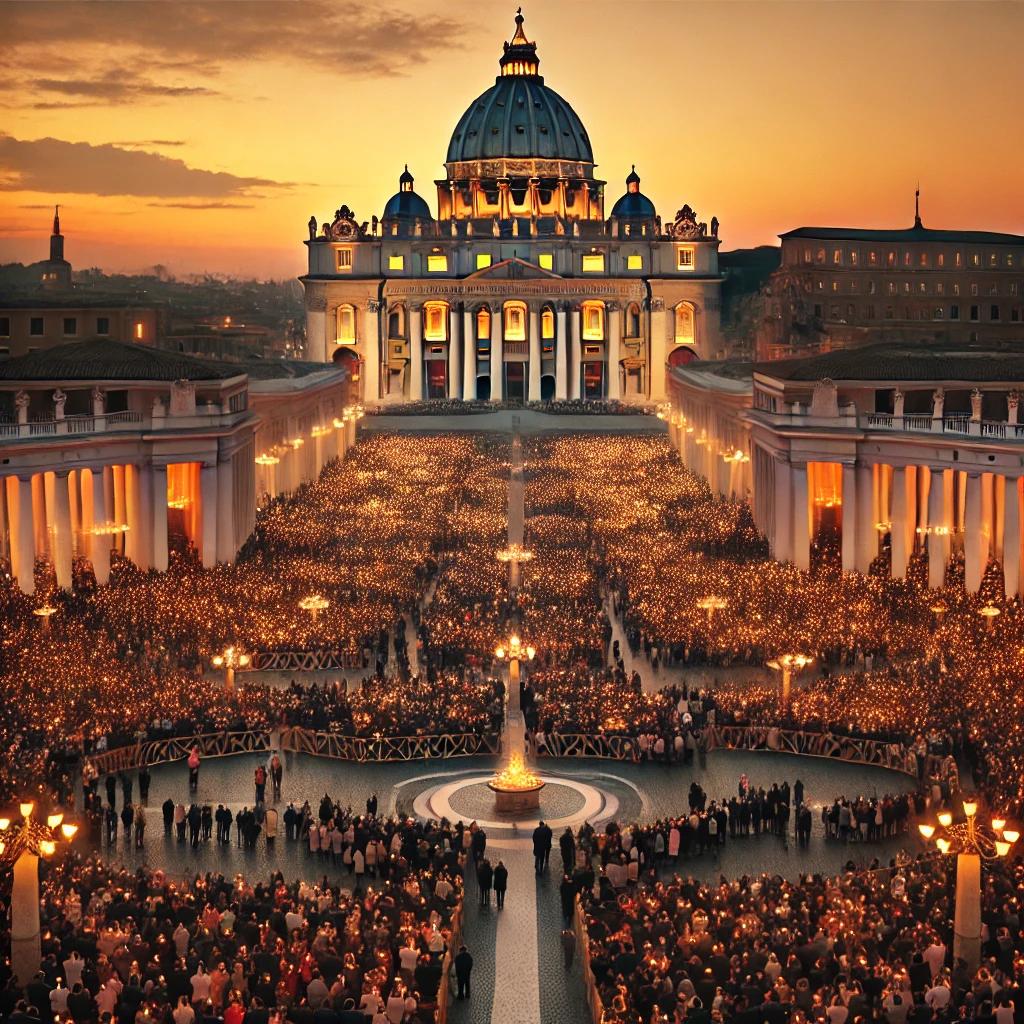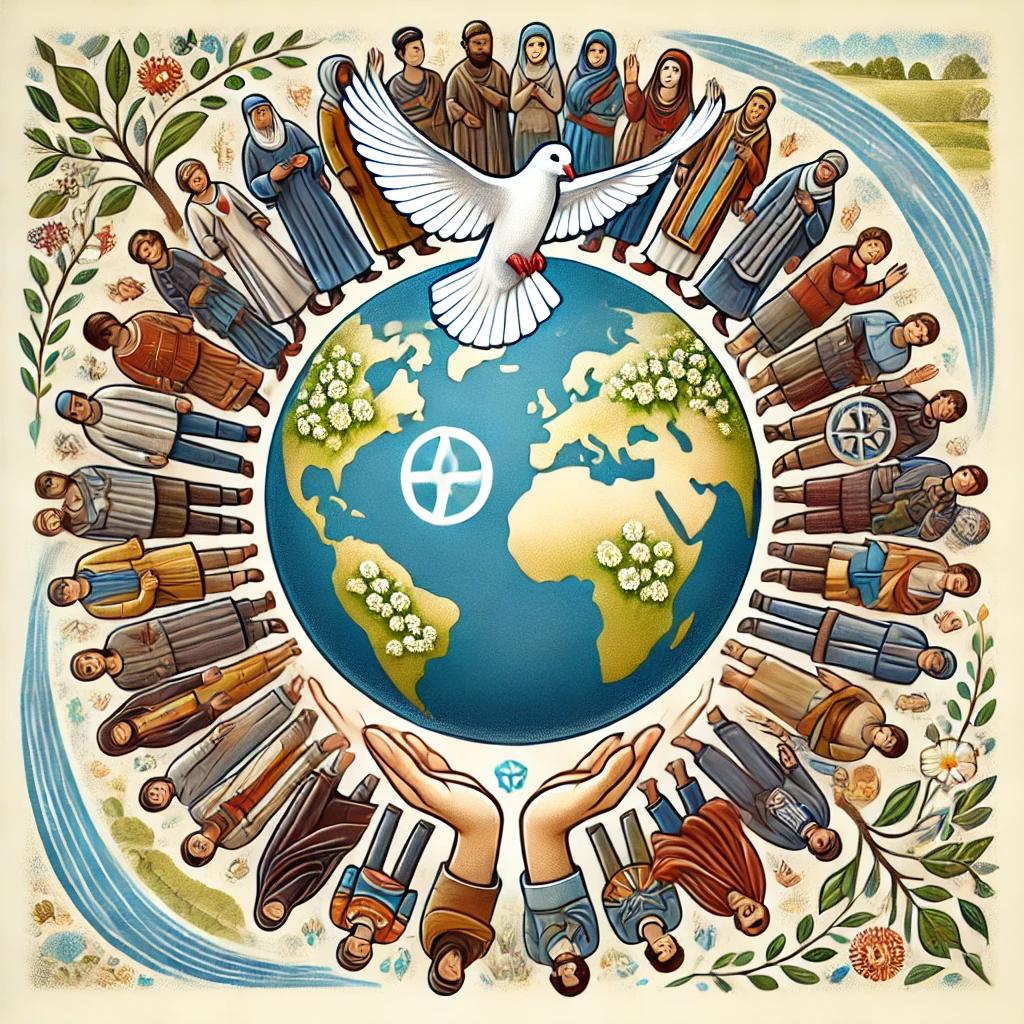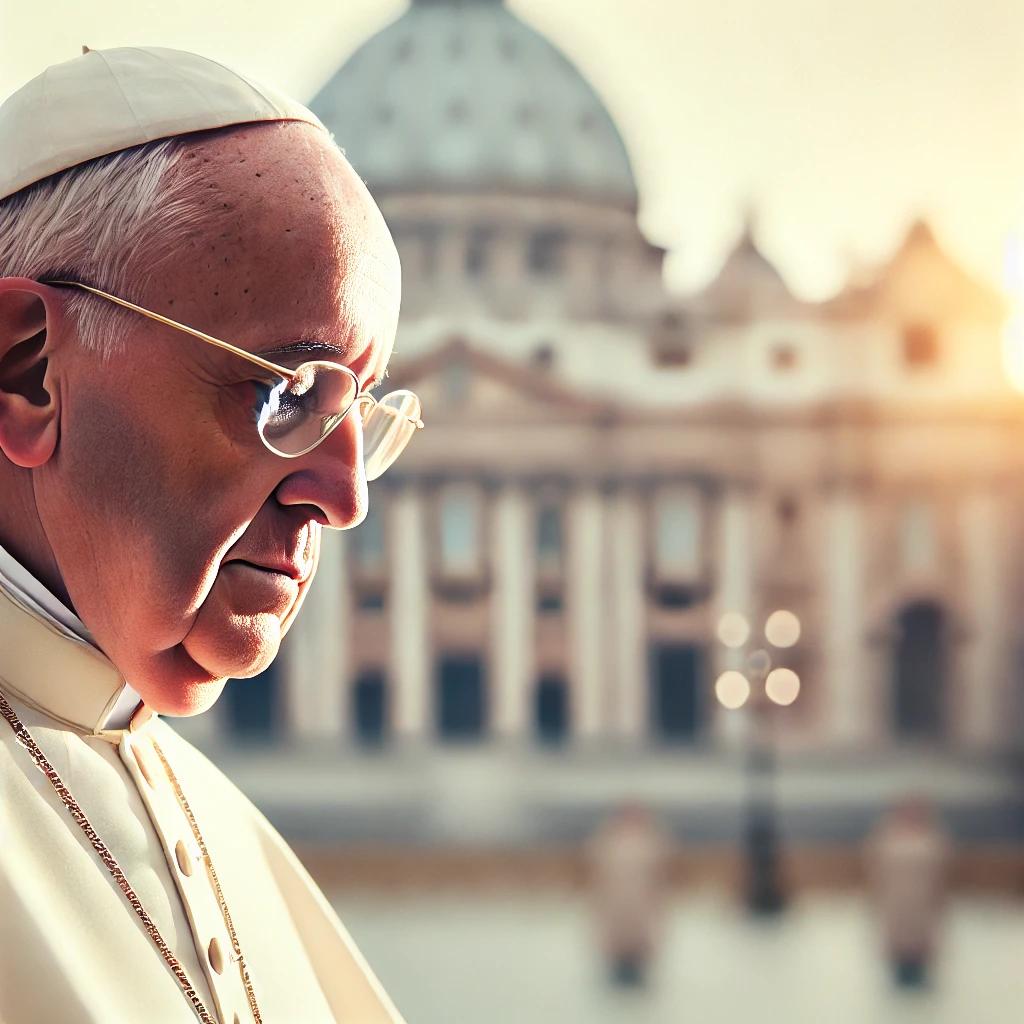Pope Francis Has Died — Here’s Why His Death Marks a Turning Point in History
Pope Francis, born Jorge Mario Bergoglio, passed away on Easter Monday, April 21, 2025, at age 88.
He died peacefully at his residence in the Vatican’s Casa Santa Marta after suffering a stroke and heart failure (Reuters).
His death is not just the passing of a religious leader — it marks the end of a transformative era for over 1.3 billion Catholics worldwide.
A Groundbreaking Papacy
Elected in 2013, Pope Francis made history from the start.
He was the first Jesuit pope, the first Latin American to lead the Church, and the first from the Southern Hemisphere.
From day one, he broke conventions — opting to live in a modest guesthouse, wearing simple garments, and rejecting much of the Vatican’s lavishness.
More importantly, he steered the Church into the 21st century.
He addressed pressing global issues like climate change, LGBTQ+ inclusion, migration, and income inequality.
His 2015 encyclical Laudato Si’ called on all people to care for the Earth, earning him praise far beyond religious circles.
Why His Death Is a Global Moment
Pope Francis was more than a religious figure.
He was a global moral voice, often seen as a counterbalance to political extremism, greed, and indifference.
His approach was pastoral, not doctrinal — focusing on mercy, not judgment.
That shift redefined what it meant to be a pope in the modern world.
Many viewed him as a bridge between conservative and progressive Catholics.
He opened the door to discussions once seen as taboo — such as civil unions, the role of women in the Church, and abuse reform.
He also apologized for the Church’s role in colonization and systemic abuse, setting a new tone for accountability.
With his death, the Catholic Church faces serious questions:
Will the next pope continue his reformist path, or pivot back to tradition?

Final Days and Widespread Grief
Despite major health issues — including lung problems, colon surgery, and recent pneumonia — Pope Francis remained active.
He delivered a moving Easter address just one day before his death.
Those close to him, like U.S. Vice President J.D. Vance, noted he appeared gravely ill yet spiritually strong (People).
His death triggered immediate mourning across the globe.
In Italy, Serie A football matches were postponed in his honor (TalkSport).
World leaders, faith organizations, and millions of faithful offered tributes and prayers.
What Happens Now?
Per his wishes, Pope Francis will not be buried in the Vatican.
Instead, he chose the Basilica of St. Mary Major in Rome, where he often prayed privately — a symbolic move, emphasizing humility and connection to the people (Wikipedia).
The College of Cardinals will now prepare for a conclave to elect his successor.
The world watches closely, aware that the next pope could either reinforce Francis’s legacy — or reverse it.


